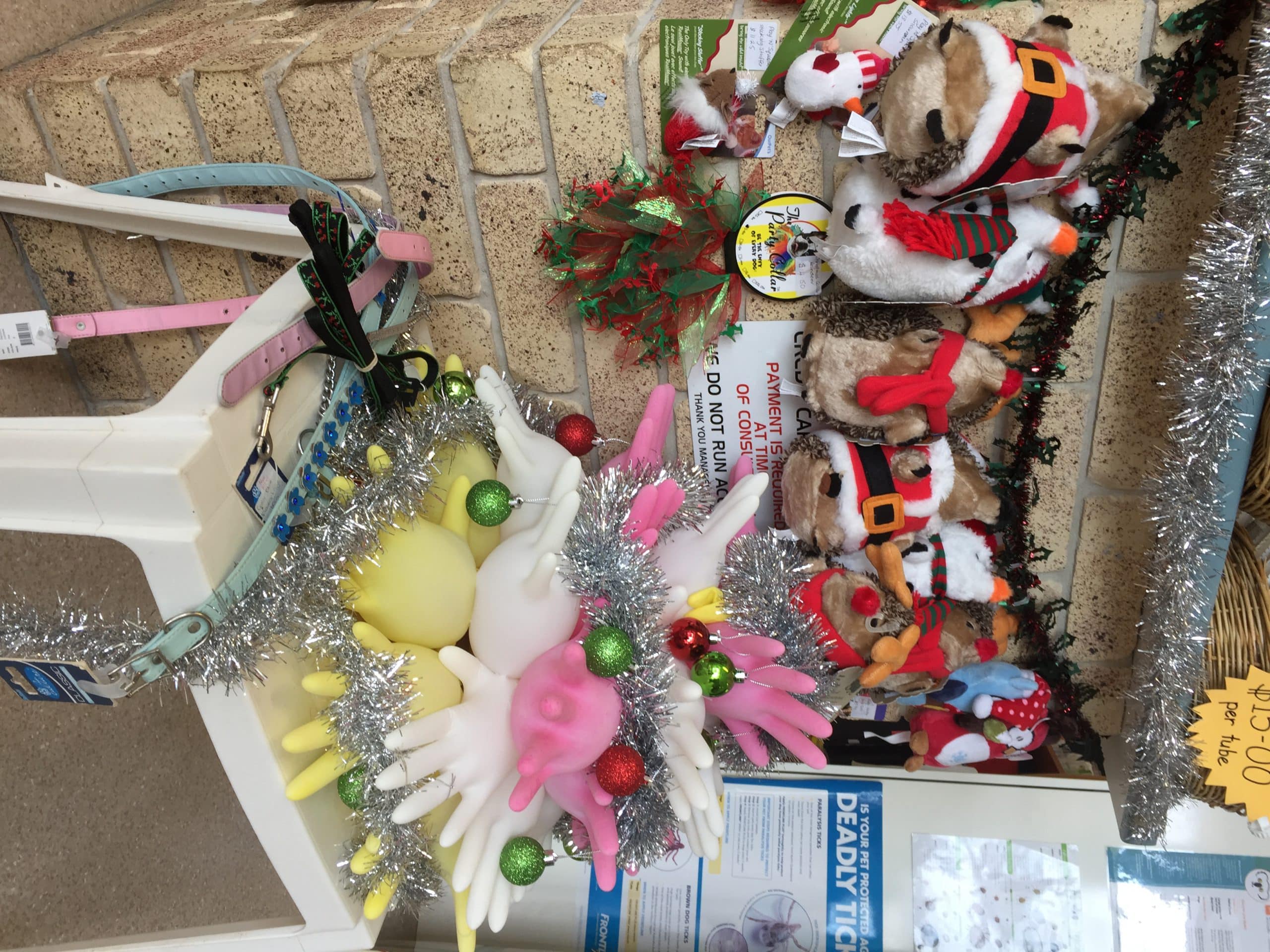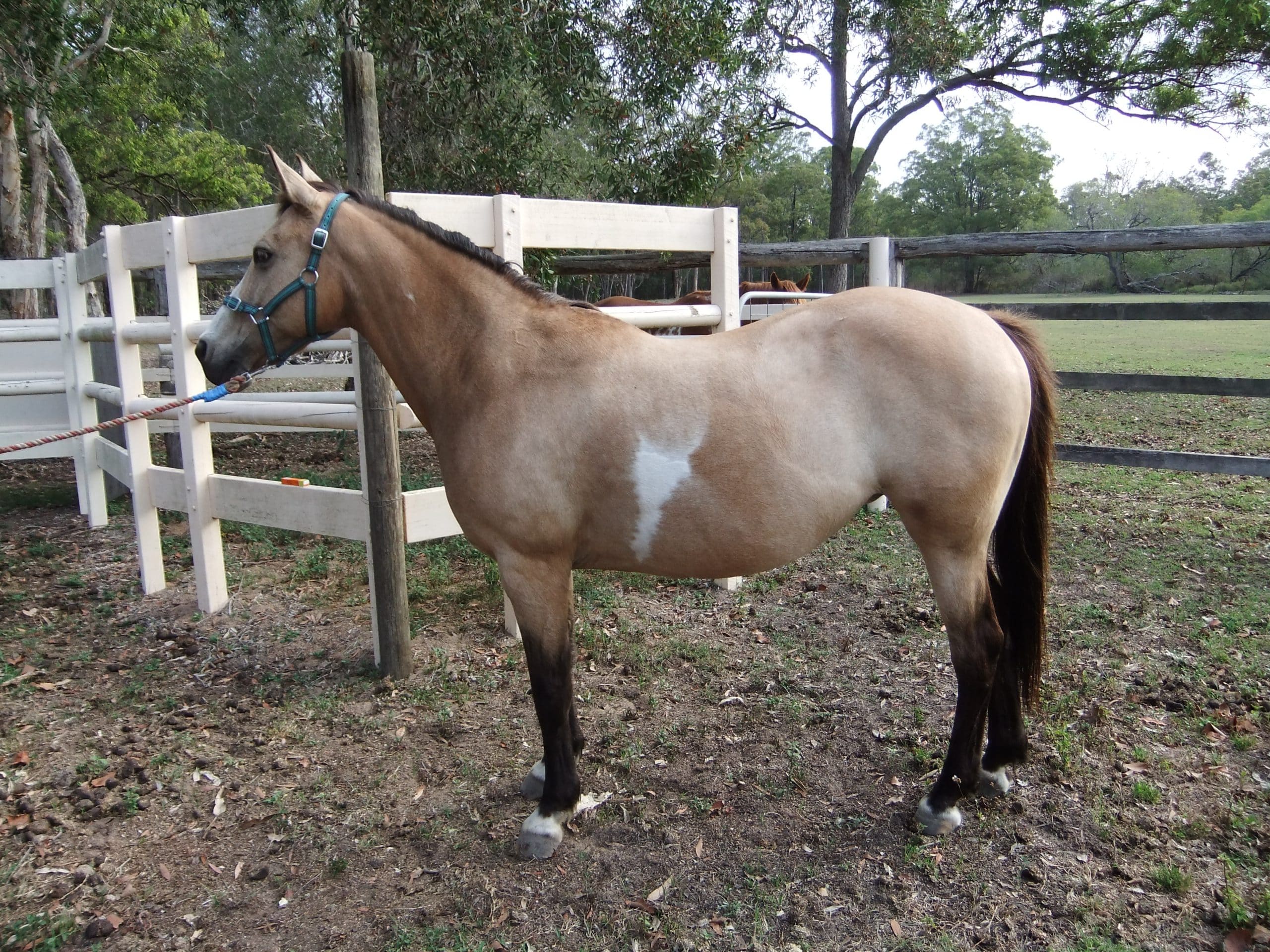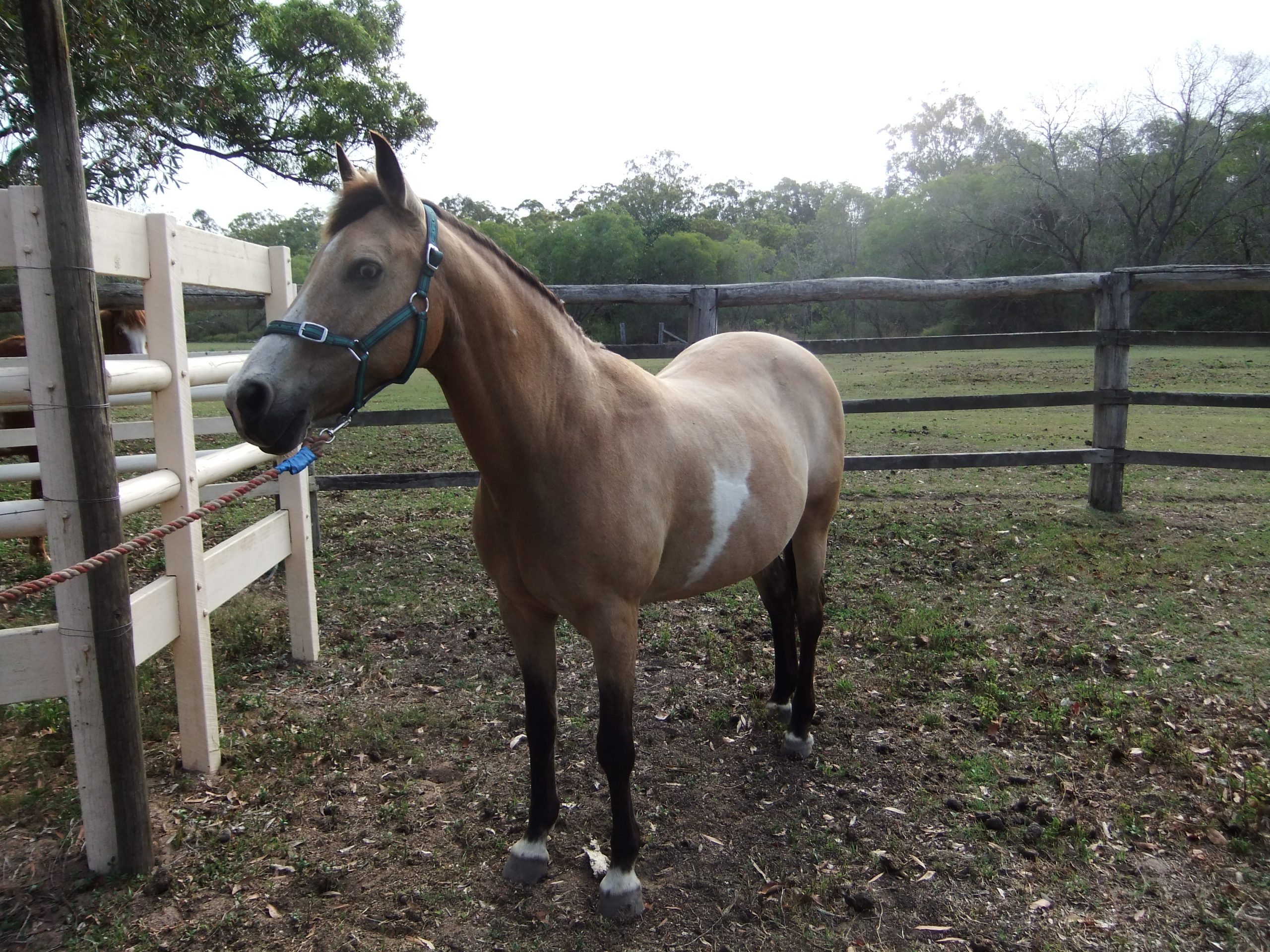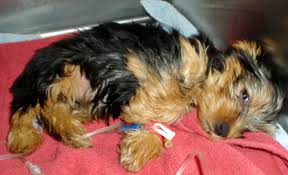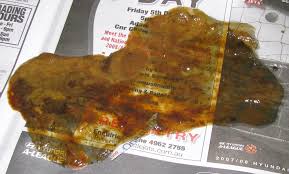While it is tempting to give your loved pets extra treats, especially with Christmas coming up, it is important to know what not to give them, particularly with regards to edible treats. You may be surprised at some of the foods on this list.
Chocolate: While most of us humans love chocolate, unfortunately it is toxic to a dog’s heart and nervous system and can lead to death. As a general rule, the darker the chocolate, the worse it is for your dog because the toxic ingredient is cocoa.
Fatty Hams: Another culprit that can cause issues is fatty hams – it is common for us to see dogs suffering from pancreatitis as a result of the high fat content of the hams.
Macadamia Nuts: These nuts are all around bad news – if eaten whole in the shell, they often cause blockages that can only be removed surgically, and eaten without the shell they can cause severe gut pain. They can even cause paralysis.
Alcohol: This is a big no no. Alcohol can lead to coma and death.
Avocado: Avocado contains persin which causes vomiting and diarrhoea in dogs.
Raisins and Currants: Can cause kidney failure.
Dairy: Can cause diarrhoea.
Mushrooms: Some varieties can cause shock and death.
Onions and Garlic: Too much onions/garlic can lead to blood cell damage and anaemia.
Grapes: Can lead to kidney failure.
It is also important to remember that some medications can be very toxic to dogs and can lead to kidney and/liver failure and more. These include paracetamol and advil.
Finally, please be aware also of giving your dog any leftovers which may contain toothpicks, kebab sticks, mesh from rolled meats and the ties used for tying roasts. We have had to surgically remove all of the items from dogs in the past. Dogs tend to eat everything on their plate, regardless of whether these items are in there or not.
Christmas is such a wonderful time of the year and we want you and your pets to enjoy every moment of it. If you enjoy giving your dogs extra treats at Christmas, we have a great range of both toys and treats such as pigs ears, lamb leg joints, liver treats and more, all of which are safe to eat and that your dog will absolutely love.
Merry Christmas to all of our wonderful clients and pets.
